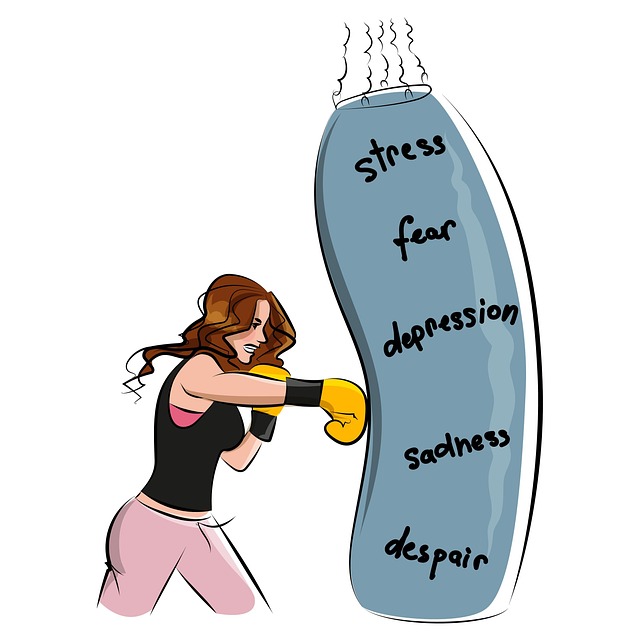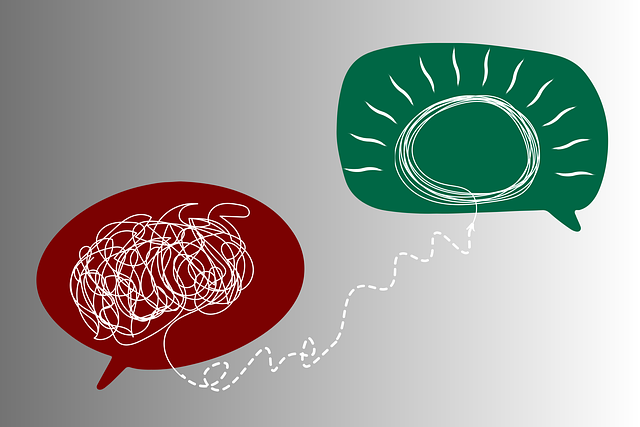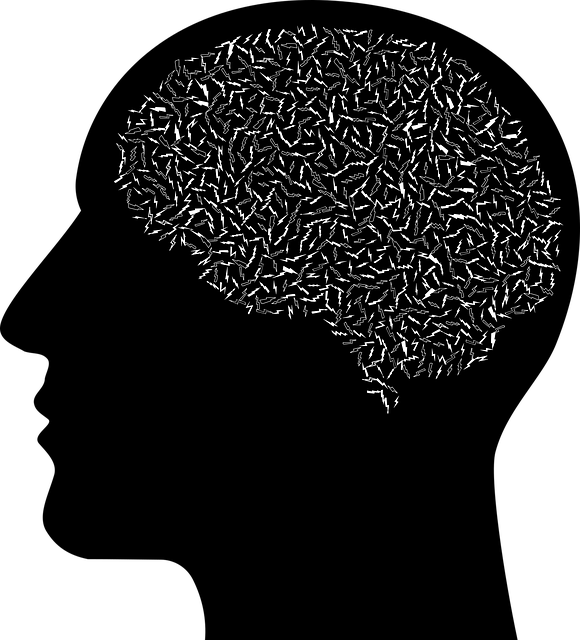Mental illness diagnoses are complex, requiring professionals to adopt innovative approaches like Golden Developmental Disability Therapy (GDDT). GDDT combines evidence-based practices, risk assessment tools considering psychological and social determinants, and Mental Wellness Coaching Programs. It focuses on building inner strength, enhancing self-awareness, and improving diagnostic accuracy by teaching individuals to identify early warning signs of crises. Through advanced training, workshops, and a patient-centric approach, mental health professionals using GDDT gain confidence, reduce bias, and develop personalized treatment plans for more effective recovery support.
Mental illness diagnoses, though crucial for effective treatment, can be complex due to varying presentations and comorbidities. This article explores efforts to improve diagnosis accuracy, focusing on the role of Golden Developmental Disability Therapy in enhancing assessment techniques. We delve into advanced tools, professional training, and patient-centric approaches that contribute to more precise mental health evaluations. By integrating these strategies, healthcare providers can ensure individuals receive appropriate care, ultimately improving treatment outcomes.
- Understanding Mental Illness Diagnoses and Their Complexities
- The Role of Golden Developmental Disability Therapy in Accurate Assessment
- Enhancing Diagnostic Tools and Techniques for Better Precision
- Training Professionals: Equipping Clinicians for Effective Diagnosis
- Patient-Centric Approaches: Supporting Individuals Through the Process
Understanding Mental Illness Diagnoses and Their Complexities

Mental illness diagnoses are intricate processes that require careful consideration and a comprehensive understanding of an individual’s unique experiences. Each person’s journey with mental health is distinct, shaped by their personal history, environmental factors, and biological predispositions. This complexity poses challenges for healthcare professionals who strive to deliver accurate assessments and effective treatment plans. The goal of Golden Developmental Disability Therapy (GDDT) is to navigate these complexities, emphasizing the importance of tailored interventions that foster inner strength development in individuals with mental health struggles.
By integrating evidence-based practices and innovative approaches, mental health professionals can enhance their diagnostic capabilities. This includes implementing robust risk assessment tools that consider both psychological and social determinants of health. Moreover, developing comprehensive Mental Wellness Coaching Programs can empower individuals to actively participate in their healing journey, promoting self-awareness and resilience. Through these efforts, the field aims to improve diagnosis accuracy while also fostering more personalized and holistic treatment strategies.
The Role of Golden Developmental Disability Therapy in Accurate Assessment

The accuracy of mental illness diagnoses is a complex issue that requires multifaceted approaches. One innovative and effective method gaining traction in this field is Golden Developmental Disability (GDD) Therapy, which offers valuable tools for accurate assessment. This therapeutic approach focuses on enhancing self-awareness and emotional regulation skills, enabling individuals to better understand their thoughts and behaviors. By incorporating mindfulness meditation, crisis intervention guidance, and self-awareness exercises, GDD Therapy facilitates a deeper exploration of mental health conditions.
The benefits of GDD Therapy are manifold. It not only aids in diagnosing but also provides a framework for personalized treatment plans. Through structured techniques, individuals can learn to identify early warning signs of distress, thereby promoting proactive crisis management. This proactive approach is crucial in improving diagnosis accuracy by ensuring that symptoms are addressed promptly and effectively, leading to better outcomes and enhanced quality of life.
Enhancing Diagnostic Tools and Techniques for Better Precision

Mental health professionals are constantly striving to improve diagnostic accuracy, and one significant approach involves enhancing the tools and techniques used for assessment. Traditional methods often rely on subjective reporting from individuals experiencing symptoms, which can be challenging due to factors like stigma or difficulty in articulating feelings. To address this, researchers and practitioners have been exploring innovative strategies. One such advancement is incorporating Golden Developmental Disability Therapy, a comprehensive approach that not only focuses on the symptoms but also considers the individual’s unique background and experiences. This therapy involves tailored interventions, including effective stress management techniques, to ensure a more nuanced understanding of mental health conditions.
Additionally, coping skills development and empathy-building strategies have gained prominence in enhancing diagnostic precision. By teaching individuals practical ways to manage stress and navigate challenging emotions, healthcare providers can gather more accurate insights during assessment sessions. These approaches foster open communication, enabling professionals to detect subtleties in behavior and speech, thereby leading to more reliable diagnoses. Such advancements are pivotal in ensuring that mental illness is understood and treated effectively, catering to each person’s distinct needs.
Training Professionals: Equipping Clinicians for Effective Diagnosis

Improving mental illness diagnosis accuracy requires empowering clinicians with advanced training and skills. Golden Developmental Disability Therapy emphasizes the importance of continuous professional development to keep up with the latest research and best practices in mental health assessment. Through workshops, seminars, and peer-to-peer learning, therapists gain insights into emerging diagnostic tools and techniques tailored to various conditions. This ongoing education fosters a more nuanced understanding of complex presentations, enabling clinicians to make accurate and timely diagnoses.
Building empathy is a cornerstone of this training, as it strengthens the therapeutic relationship. Empathy-building strategies enhance communication, allowing professionals to connect with clients on a deeper level. Furthermore, confidence-boosting techniques help therapists feel more assured during diagnostic processes, ensuring they provide high-quality care. By integrating positive thinking practices, mental health workers can minimize bias and preconceptions, thereby improving the overall accuracy of diagnosis.
Patient-Centric Approaches: Supporting Individuals Through the Process

In recent years, a patient-centric approach has emerged as a powerful tool to enhance mental illness diagnosis accuracy. This method places the individual at the heart of the process, recognizing that every person’s experience with mental health is unique. By fostering open communication and empathy building strategies, healthcare professionals can create an environment where patients feel understood and supported. This is particularly beneficial for those with developmental disabilities, as it encourages them to express their experiences in a safe space, leading to more precise assessments.
The focus on patient-centric care also involves teaching coping skills development and stress management techniques tailored to each individual’s needs. These strategies empower patients to actively participate in their treatment plans, fostering a sense of agency and self-care. Through such personalized approaches, the mental health care system aims to improve diagnosis accuracy while ensuring that individuals receive comprehensive support throughout their journey towards recovery.
Mental illness diagnosis accuracy has seen significant advancements through innovative approaches like Golden Developmental Disability Therapy, enhanced tools, and improved professional training. By adopting patient-centric strategies, we can ensure that individuals receive supportive, effective care tailored to their unique needs. Continuously refining diagnostic methods is crucial in navigating the complexities of mental health, ultimately leading to better outcomes for those seeking help.













